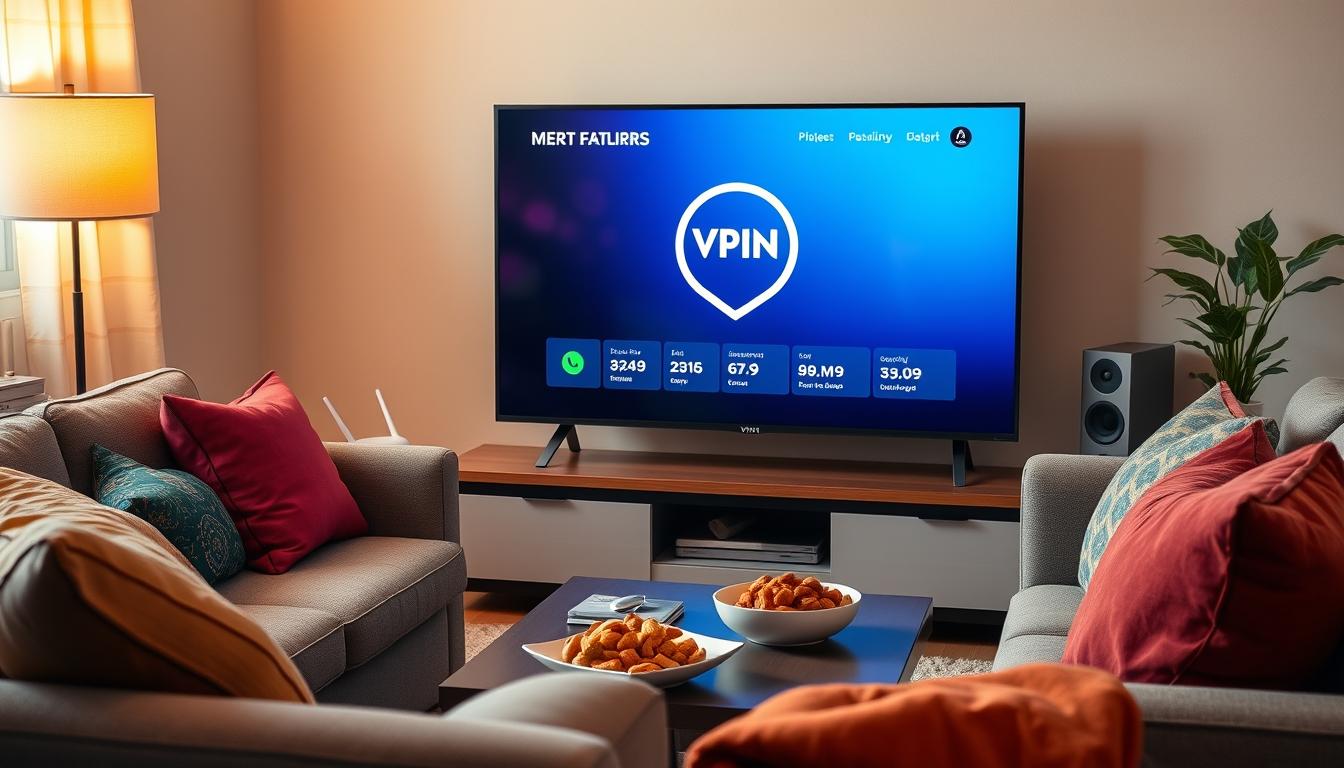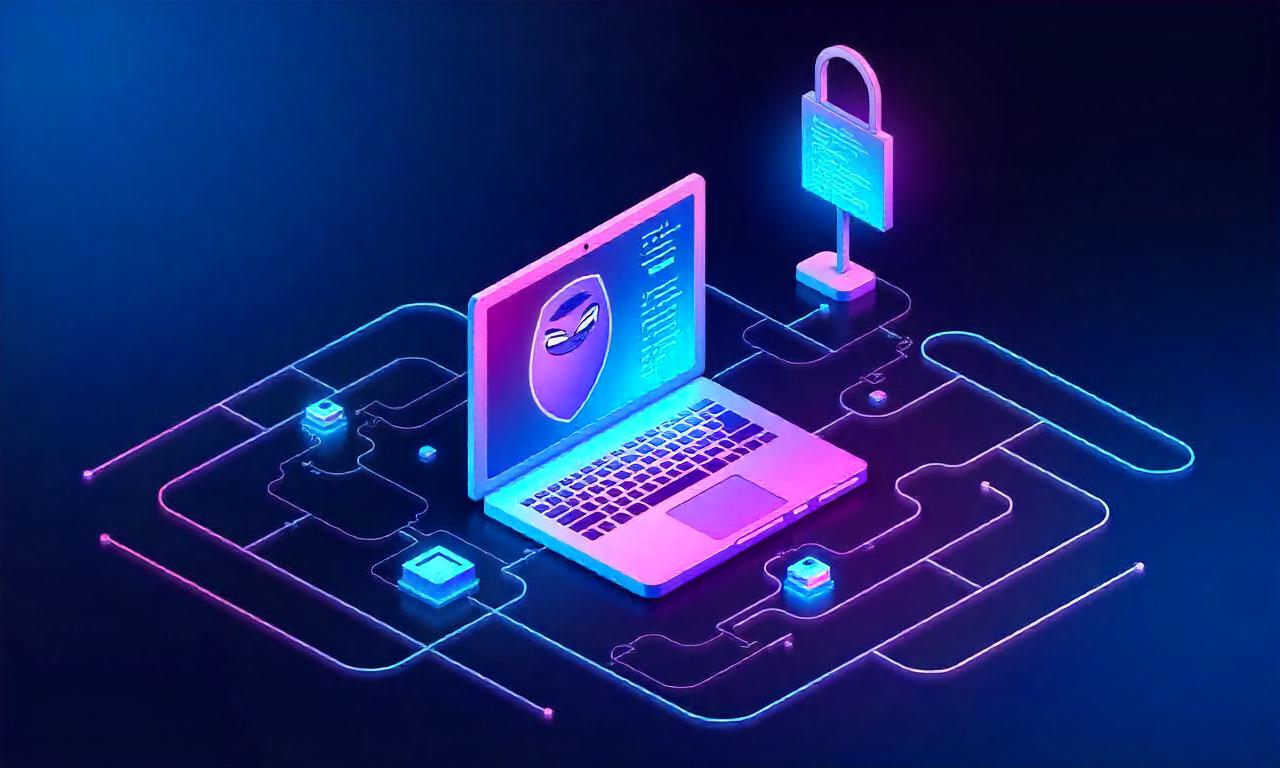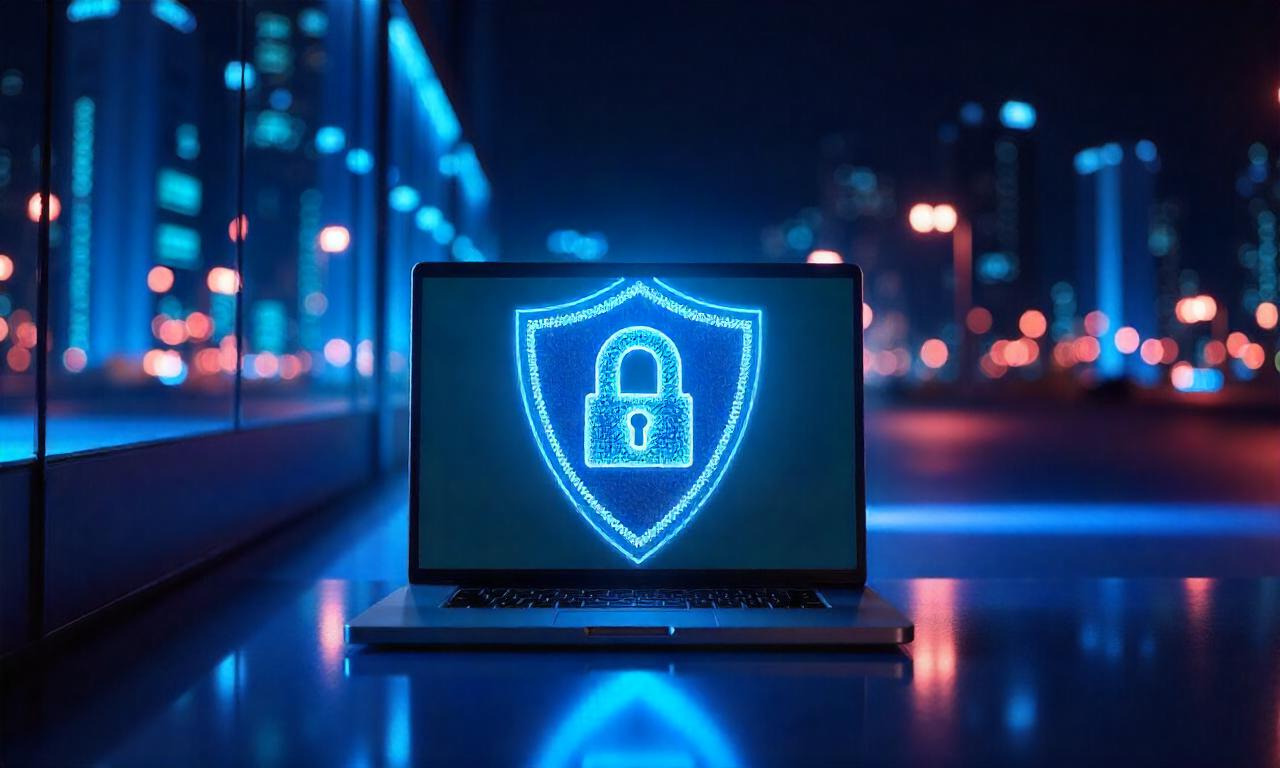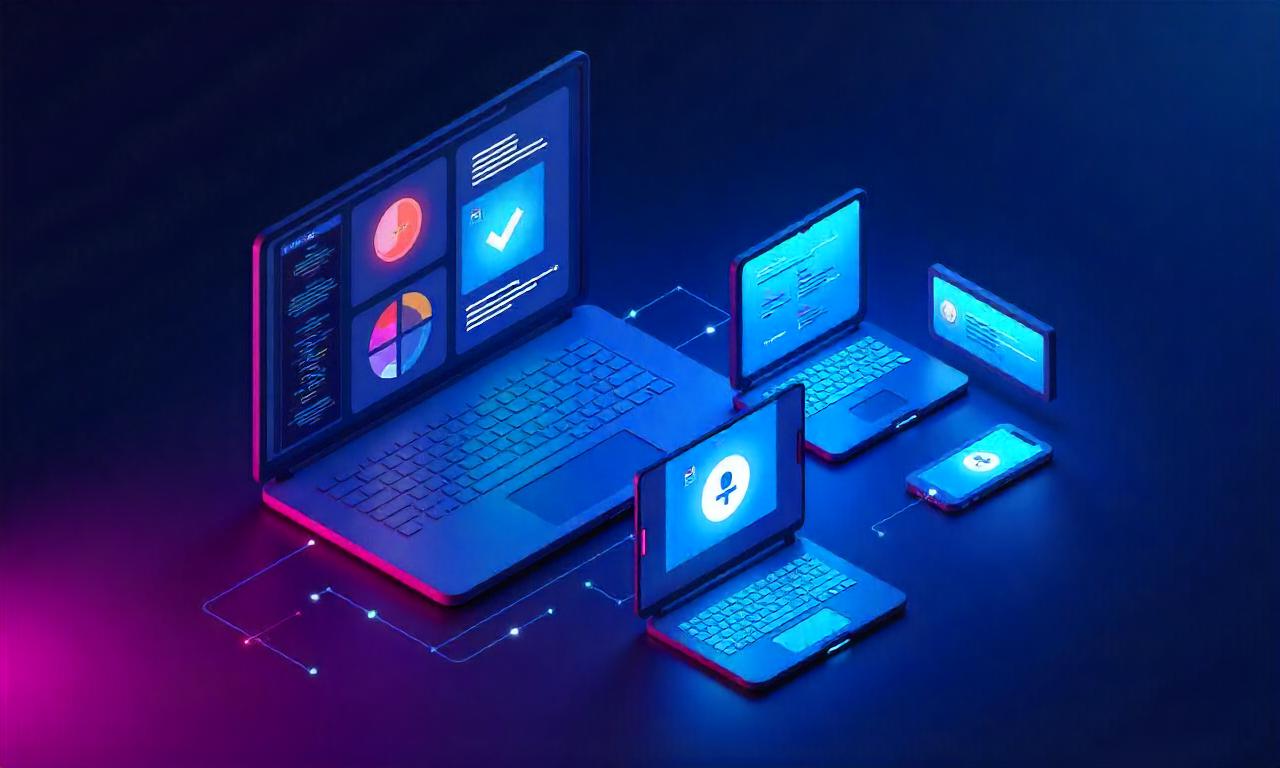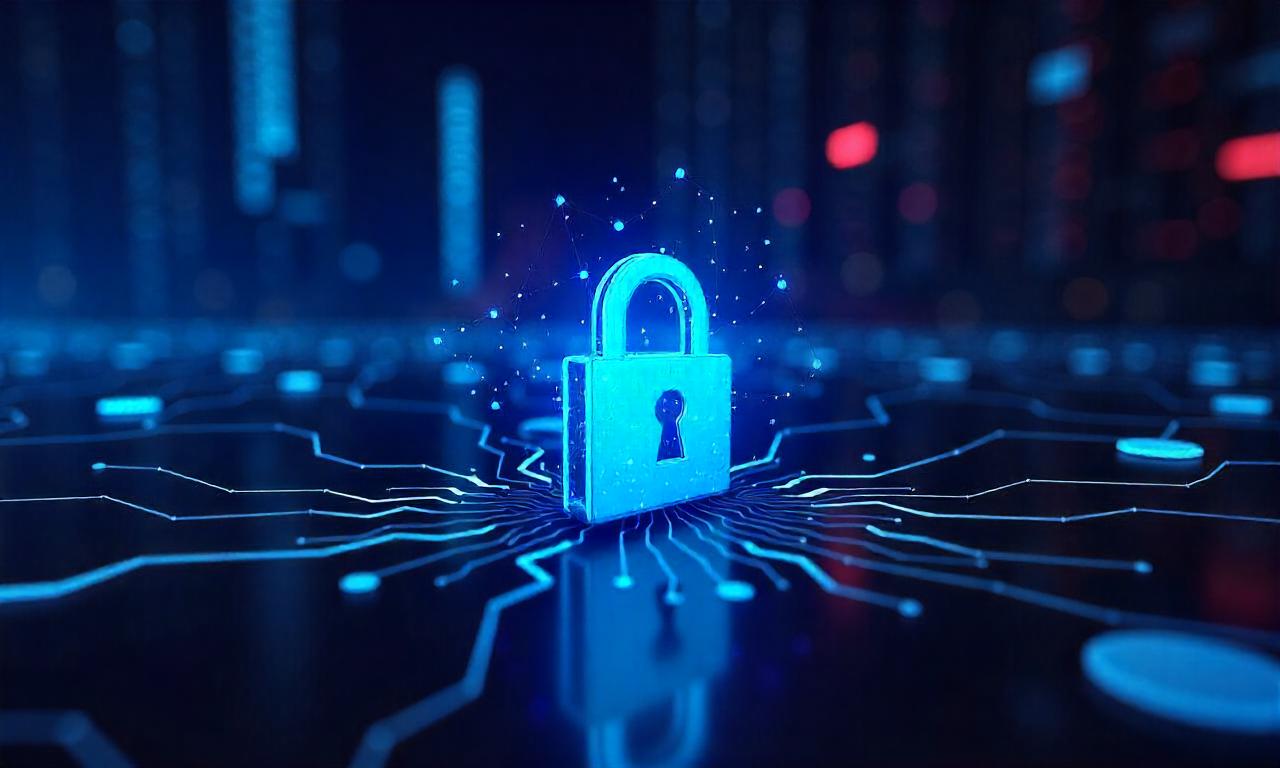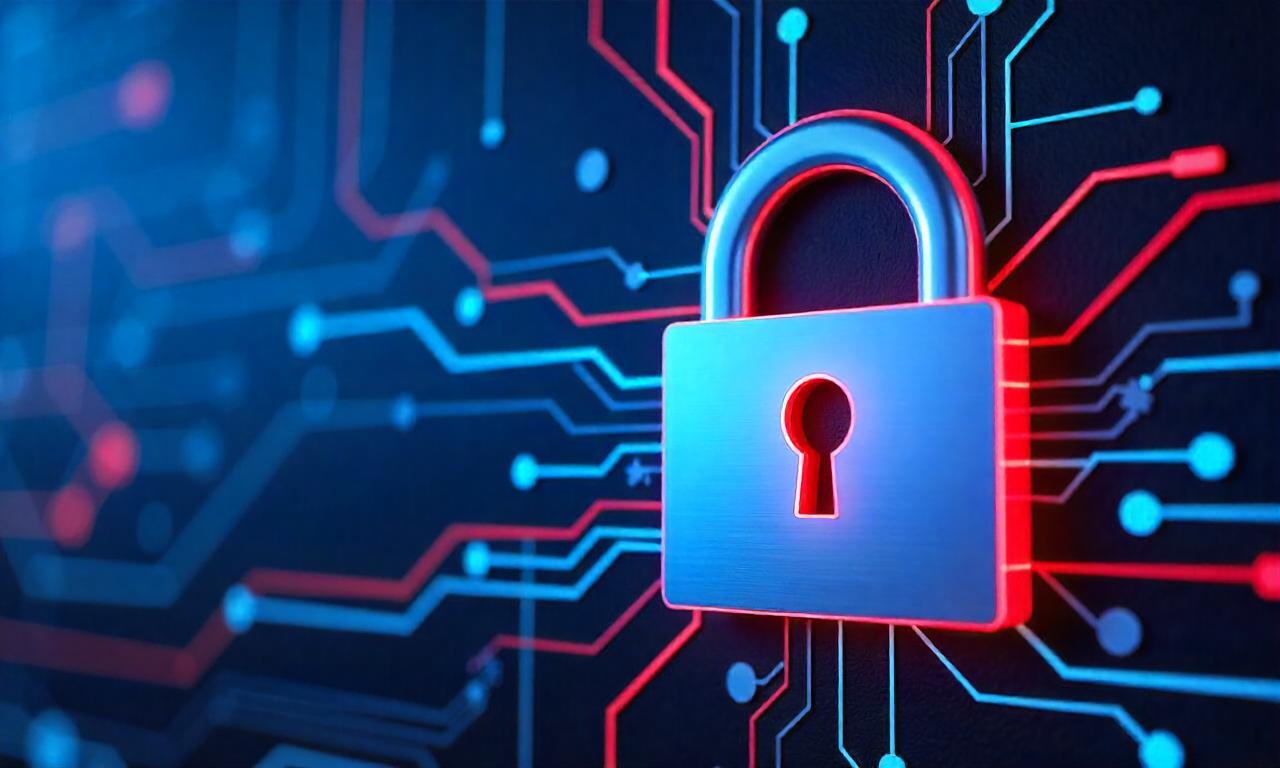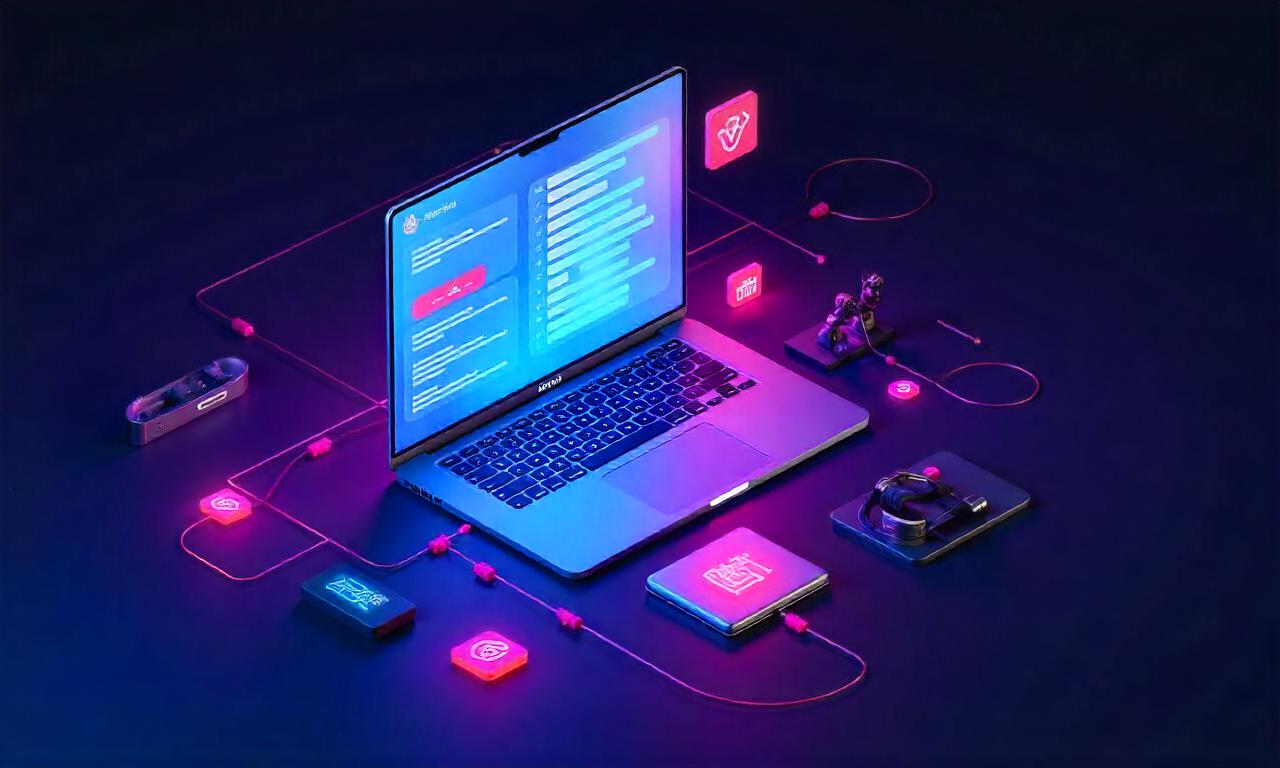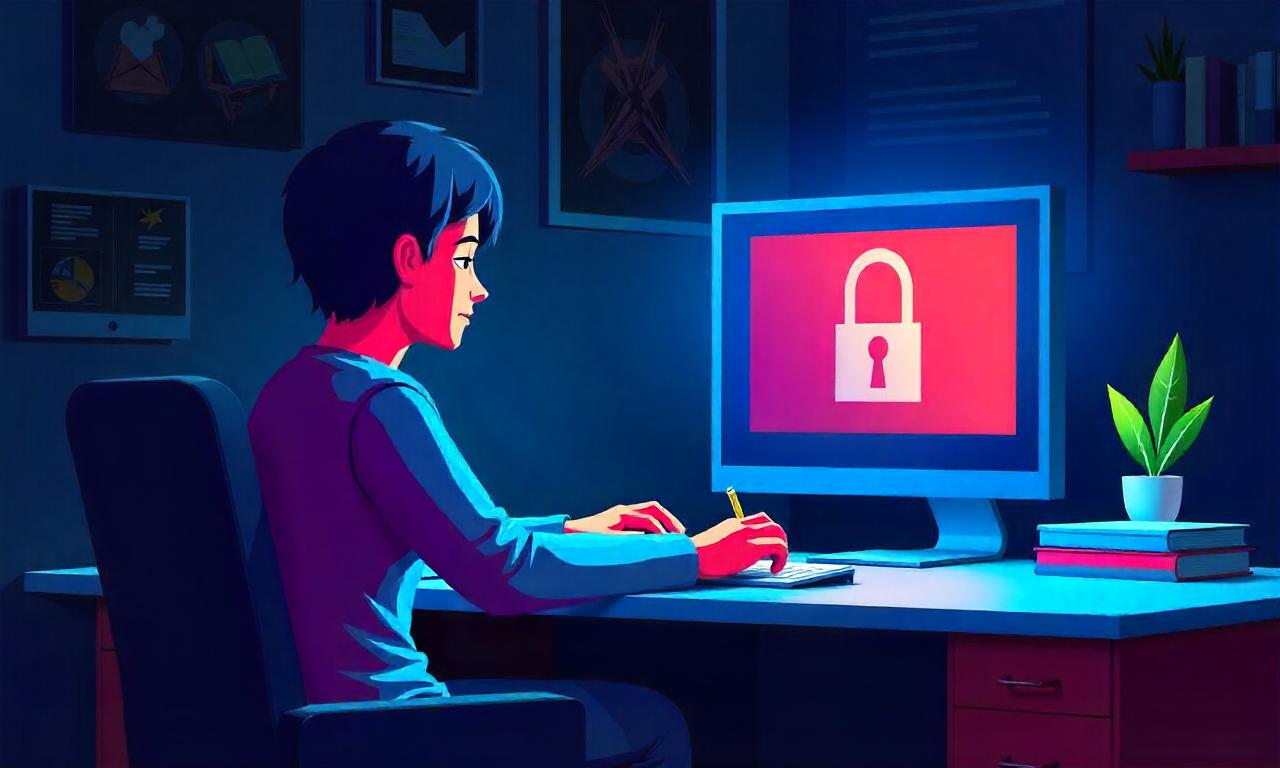Learn how to use a VPN for streaming on TV to unlock geo-restricted content, protect your privacy, and enjoy seamless entertainment from anywhere.
Ever wondered why some shows and movies aren’t available in your area? A VPN for streaming on TV might be the answer. But how do you set it up, and what are its benefits for secure streaming and accessing blocked content? This guide will cover the basics of TV VPN services, showing why they’re key for your home entertainment.
Table of Contents
ToggleKey Takeaways
- A VPN (Virtual Private Network) enhances your streaming experience by providing access to geo-restricted content.
- VPNs help maintain your online privacy and security while streaming.
- Setting up a VPN on TV is simpler than you might think, and it opens up a world of content.
- Secure streaming is achievable through TV VPN services designed for a variety of television types.
- Understanding how VPNs work will empower you to make informed decisions about your entertainment choices.
Understanding What a VPN Is
A Virtual Private Network (VPN) boosts your online safety and privacy. It creates a secure path for your data on the internet. This means your online actions stay private, and your personal info is safe.
Definition of VPN
In simple terms, a VPN is a tool for secure internet use. It encrypts your data and hides your IP address. This keeps your online activities safe from prying eyes.
How VPNs Work
VPNs encrypt your internet traffic and send it through a server elsewhere. When you use a VPN app, your real IP address is hidden. You seem to be browsing from the VPN server’s location. This keeps your data safe and private.
Different Uses of VPNs
VPNs have many uses, each serving a specific purpose. Here are some common ones:
- Browsing: Keeps your browsing private and protects your data.
- Streaming: Lets you access content from other countries.
- Gaming: Lowers latency and stops DDoS attacks.
In summary, a VPN is key for online security. It also opens up many uses in our digital world.
Benefits of Using a VPN for Streaming
Using a VPN for streaming can greatly improve your viewing experience. It lets you access content not available in your area and keeps your data safe. For any streaming fan, a VPN is a must-have.
Access to Geo-Restricted Content
Ever tried to watch something but it’s not available in your region? A VPN can help you unblock content from all over the world. It lets you watch Netflix from different countries or catch up on shows from abroad.
Enhanced Privacy and Security
For secure streaming, keeping your data private is key. A VPN encrypts your data, keeping your streaming habits safe. This stops hackers and keeps your info private from unwanted eyes.
Improved Streaming Performance
Another big plus of using a VPN is the chance for better streaming quality. ISPs might slow down your internet if they see what you’re watching. A VPN helps you avoid this, so you can stream without interruptions.
| Benefits | Details |
|---|---|
| Unblock Content | Access geo-restricted media from around the world |
| Secure Streaming | Enhanced privacy and data encryption |
| Better Streaming Quality | Bypass ISP throttling for smoother streaming |
Choosing the Right VPN for Your TV
When picking the best VPN for television, several key factors are important. They ensure a smooth streaming experience. Here’s a detailed VPN selection guide to help you choose wisely.
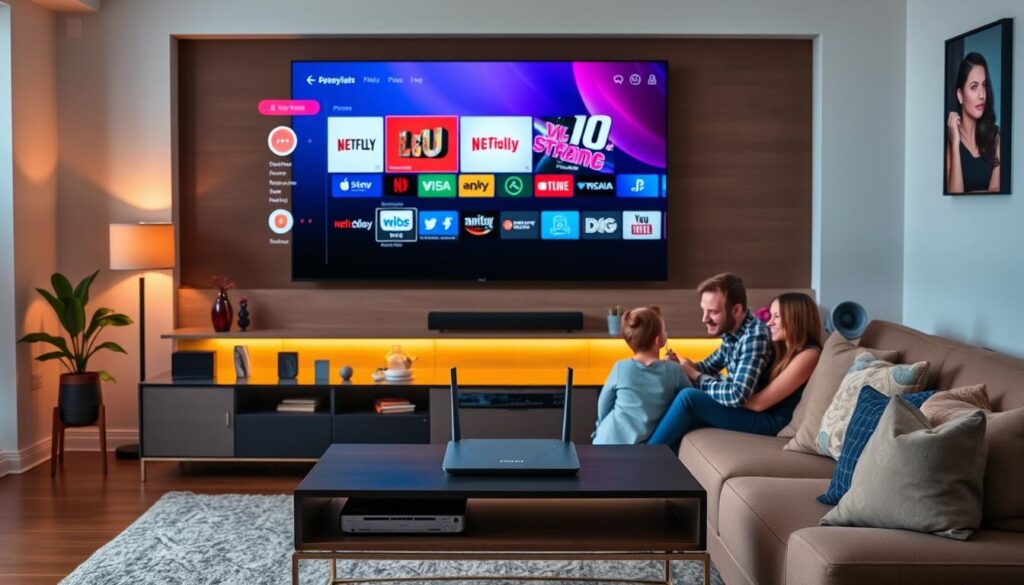
First, check the speed. A fast connection is crucial for uninterrupted TV streaming. Look for a VPN with unlimited bandwidth and a high data transfer rate.
Next, consider compatibility. Make sure the VPN works with your TV, like Smart TV, Apple TV, or Android TV.
Also, think about the number of server locations. More servers mean better access to content you can’t get locally. This makes it a great TV streaming VPN.
For a quick look, here’s a table comparing VPN features:
| VPN Provider | Speed | Server Locations | Compatibility |
|---|---|---|---|
| NordVPN | High | 60+ Countries | Smart TV, Apple TV, Android TV |
| ExpressVPN | Ultra High | 94 Countries | Smart TV, Apple TV, Android TV |
| CyberGhost | High | 90 Countries | Smart TV, Apple TV, Android TV |
Lastly, choose a VPN with good reviews and ratings. Go for a VPN with a solid reputation for a secure and easy streaming experience.
By using this VPN selection guide, you can find the best VPN for television easily. It will meet all your streaming needs.
How to Set Up a VPN on Different TV Types
Setting up a VPN on your TV can unlock more content. It also boosts your privacy and security. Here’s a guide for setting up VPNs on Smart TVs, Apple TVs, and Android TVs.
Smart TVs
To set up a VPN on Smart TV, follow these steps:
- Choose a reputable VPN provider and subscribe to a plan.
- Download the VPN app from your TV’s app store. If not available, download it on a compatible device like a router or a computer.
- Launch the VPN app and log in with your credentials.
- Select a server location and connect.
- Start streaming your favorite content with enhanced security and access.
Apple TV
Here’s how to configure a VPN on Apple TV:
- Apple TV does not support native VPN apps. You must configure the VPN on a router or use a Smart DNS service provided by your VPN.
- Log in to your router’s admin panel and enter your VPN provider’s details.
- Configure the VPN on the router, following the provider’s instructions.
- Connect your Apple TV to the VPN-configured router network.
- Enjoy unrestricted streaming on your Apple TV.
Android TV
Here’s how to set up an Android TV VPN:
- Open the Google Play Store on your Android TV.
- Search for and download your chosen VPN app.
- Install and launch the app. Enter your login credentials.
- Choose a server location from the available list.
- Connect to the VPN and start streaming content from different regions safely and securely.
How to Configure a VPN Router
Setting up a VPN router is great for those who want all devices to use one VPN connection. I’ll explain the benefits, walk you through the setup, and help with common problems.
Why Use a VPN Router
A VPN router boosts your online safety and privacy. It protects all devices connected to it, making it easy for families and small businesses. It also ensures consistent protection and easily bypasses geo-restrictions.
Steps to Set Up a VPN Router
- Choose a Compatible Router: Pick a router that supports VPNs. Brands like ASUS, Linksys, and Netgear are good choices.
- Sign Up for a VPN Service: Pick a trusted VPN provider that works with routers.
- Access Your Router Admin Page: Use the router’s IP address to log into its admin panel. You can find this in the manual or on the router.
- Enter VPN Settings: Go to the VPN settings, then enter the details from your VPN service (server addresses, username, and password).
- Connect and Test: Save your changes and restart the router. Make sure all devices use the VPN server.
Common Issues and Fixes
- Connection Drops: If your VPN keeps dropping, update your router’s firmware. Old firmware can cause problems.
- Slow Speeds: For faster speeds, use a nearby VPN server and lower the encryption if you don’t need top security.
- Device Connectivity: If some devices won’t connect, check they’re close to the router and compatible.
Using a VPN with Streaming Services
Streaming your favorite shows and movies through a VPN can open a world of possibilities. It lets you access diverse content libraries and enhance your viewing experience. Here’s how to use a VPN with popular streaming services.
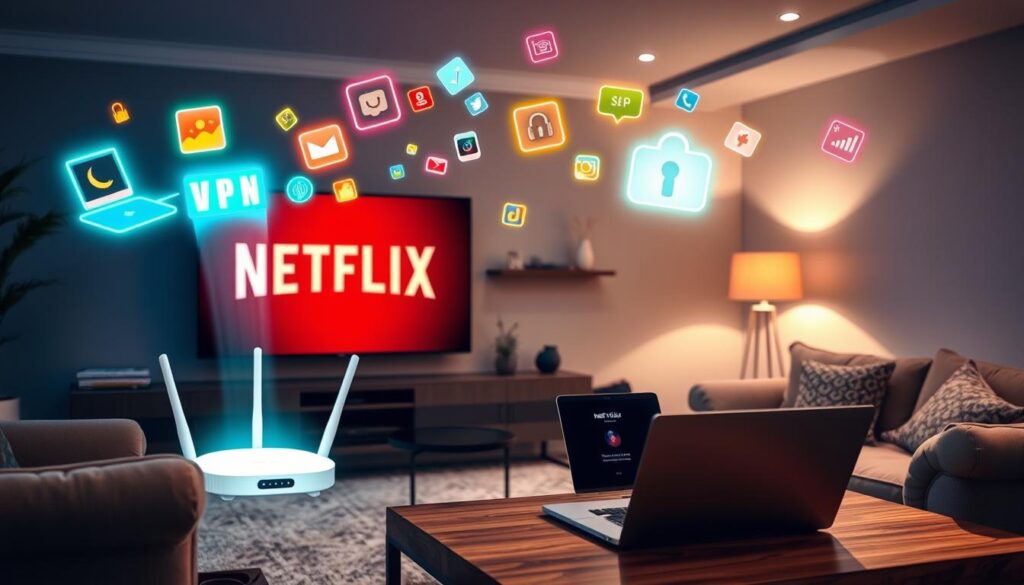
Netflix
Using a VPN for Netflix lets you bypass geo-restrictions. This gives you access to a vast array of international content libraries. A VPN can help you stream exclusive series that might not be available in your region. This ensures you’re never short of entertainment options.
Amazon Prime Video
When you stream Amazon Prime through a VPN, you can unlock numerous regional catalogs. This is very useful when traveling. It ensures uninterrupted access to your favorite content. Plus, it can help in mitigating buffering issues, providing a smoother viewing experience.
Hulu
Utilizing a Hulu with VPN setup can significantly broaden your streaming horizons. Whether you’re accessing Hulu from abroad or seeking to enjoy region-specific content, a VPN makes it all possible. By masking your IP address, a VPN ensures you can enjoy Hulu’s extensive library without any geographical constraints.
- Choose a reliable VPN service compatible with Netflix, Amazon Prime Video, and Hulu.
- Install the VPN on your preferred device or configure it on your router for comprehensive coverage.
- Select a server location corresponding to the content library you wish to access.
- Log in to your streaming service and enjoy unrestricted access to your favorite shows and movies.
| Streaming Service | Benefits of Using a VPN |
|---|---|
| Netflix | Access to international libraries, exclusive shows |
| Amazon Prime Video | Uninterrupted streaming, access to regional catalogs |
| Hulu | Broadened content access, improved streaming quality |
How to use a VPN for streaming on TV
Using a VPN can greatly improve your TV streaming experience. Here’s a detailed VPN streaming guide to help you get the most out of your streaming services.
First, pick the right VPN service. Look at speed, server locations, and TV device compatibility. After choosing, setting up your VPN on TV is easy, even for Smart TVs, Apple TV, and Android TV.
When using a VPN on TV, you can install it directly on your TV or through a router. Many services offer easy-to-use apps for Smart TVs running Android or other systems. For Apple TV, you need to set it up on your router since Apple TV doesn’t support direct VPN installation.
Setting up a VPN router might seem hard, but it’s worth it. It makes connecting easier and boosts privacy and security. This is a key part of the VPN streaming guide.
Using a VPN with your TV unlocks geo-restricted content, secures your data, and improves streaming quality.
After connecting your TV to the VPN, you can access services like Netflix, Amazon Prime Video, and Hulu. These VPN on TV benefits make your streaming better.
In short, TV VPN usage is very helpful. It lets you watch more content, keeps your data safe, and can speed up your streams. By following these steps, you’ll enjoy a better streaming experience.
| TV Type | VPN Setup Method |
|---|---|
| Smart TV | Direct App Installation |
| Apple TV | Router Configuration |
| Android TV | Direct App Installation |
Troubleshooting Common VPN Issues
Even tech experts can run into VPN problems. Issues like connection drops, speed slowdowns, and server outages are common. In this guide, I’ll show you how to fix these problems.
Connection drops can really slow you down. They often happen because of unstable networks or too many users on the server. Try switching to a different server in your VPN app. This can help if the server you’re using is too busy.
Speed problems are another big issue. First, test your speed with and without the VPN. If it’s slower, try using a server that’s closer to you. Also, turning off extra encryption might make things faster.
Server outages can happen when lots of people are online or during maintenance. Pick a VPN with lots of servers to avoid this. Also, keep your VPN app up to date to stay connected better.
Here’s a detailed comparison of VPN issues and how to fix them:
| Issue | Possible Cause | Suggested Solution |
|---|---|---|
| Connection Drops | Network Instability | Switch Server Locations |
| Speed Degradation | High Server Load | Choose Closer Server or Disable Extra Encryption |
| Server Unavailability | Maintenance or Overload | Select a Different Server or Update VPN Client |
Fixing VPN problems might seem hard, but with a few steps, you can solve most issues. This way, you can enjoy smooth streaming on your TV.
Ensuring Optimal Streaming Quality with a VPN
Using a high-quality streaming VPN can greatly improve your TV streaming. Many think a VPN will lower streaming quality. But, with the right settings, it can actually make your experience better.
Start by picking a VPN known for fast and reliable connections. This means you can watch without interruptions. ExpressVPN and NordVPN are great choices for streaming.
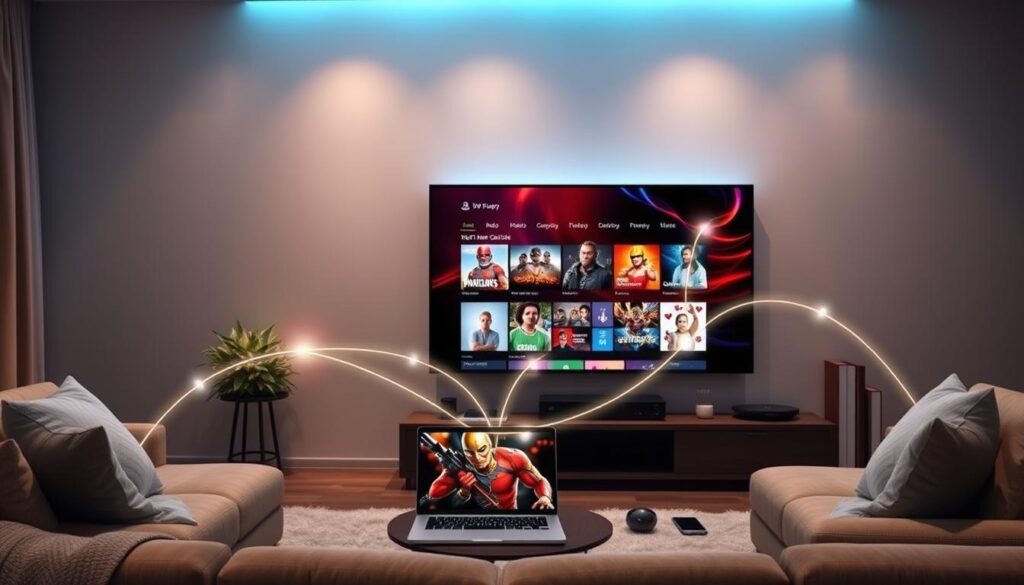
Setting up your optimal VPN settings is key for the best streaming. Pick a server close to you to cut down on delay. Also, go for protocols like OpenVPN or WireGuard for speed.
- Server Location: Choose a nearby server to minimize lag.
- Protocol: Use high-speed protocols like OpenVPN or WireGuard.
- Network Type: Preferably, use a wired connection instead of Wi-Fi for lower latency.
Keep your VPN software up to date. Updates often improve performance and fix issues, making streaming better.
Also, check the streaming quality often. Good VPNs have tools to help you see how your network is doing.
By following these tips, you can enjoy great streaming while keeping your privacy safe. Try these steps and see how a high-quality streaming VPN can change your TV watching.
Legal Considerations When Using a VPN
Using a VPN for streaming comes with legal aspects to consider. This part talks about streaming rights and VPN use policies. These can affect your streaming experience.
Understanding Streaming Rights
Streaming services like Netflix, Hulu, and Amazon Prime Video have special rights. These rights let them show content in certain areas. These rights come from agreements that say where and how content can be streamed.
It’s important to note that trying to watch content from another area with a VPN could break the streamer’s rules. This might lead to account suspensions or bans.
So, knowing the VPN laws in your area and the streamer’s rules is key. It helps you stay legal and avoid trouble.
Risks and Limitations
VPNs have many benefits, but there are risks and limits too. Some places have strict laws about VPN use. It’s important to check the VPN laws in your area before using one.
Also, streaming services are getting better at finding VPN users. Even if using a VPN is legal, watching content not meant for your area can still get you in trouble. This might mean your account gets suspended for a while or forever.
Not all VPNs are the same. Free VPNs, for example, might not be as safe or fast. This could put you at risk and ruin your streaming.
| Consideration | Description |
|---|---|
| Streaming Service Rights | Licenses and permissions for distributing content in specific regions. |
| VPN Legality | Regional laws and regulations that determine the legality of using a VPN. |
| VPN Use Policy | Terms and conditions set by streaming services regarding VPN usage. |
Free vs. Paid VPNs for Streaming
Choosing a VPN for streaming on TV requires careful thought. It’s important to understand the differences between free and paid VPNs. This knowledge helps you pick the right service for a better viewing experience and privacy.
Advantages of Paid VPNs
Paid VPNs offer many benefits. They have more servers worldwide, which means faster and more reliable connections. This is key for smooth streaming, like on Netflix and Hulu. They also provide strong encryption, keeping your data safe from hackers.
Risks of Free VPNs
Free VPNs come with risks. They often can’t provide fast connections, leading to buffering and poor quality. They might also sell your data to others, which is a big privacy issue. Plus, they usually have fewer servers, limiting what you can watch.
So, for streaming, a paid VPN is likely a better choice. They offer better security, performance, and access to more content. This makes them a safer bet than free VPNs for a great streaming experience.
Conclusion
As we conclude this guide, let’s talk about why using a VPN for streaming on TV is important. A VPN, or Virtual Private Network, does more than just unlock geo-restricted content. It also protects your online privacy and boosts your streaming quality.
We covered a lot in this article. We learned what a VPN is and its benefits. We also talked about how to pick the right service and set it up on various TV types. These steps are key to getting the best streaming experience.
Using a VPN router can make things even easier. It lets you share the VPN’s benefits with all devices in your home. This simplifies the process even more.
We also discussed the legal side of things. It’s important to follow streaming rights and know the potential risks and limits. Comparing free and paid VPNs showed that paid services are usually more reliable and secure. In short, a good VPN can greatly improve your streaming and protect your data.
In conclusion, VPNs are essential for modern streaming. They not only open up new content but also keep your privacy safe. As you start streaming, remember the tips from this guide to make your experience better. Happy streaming!
Want better streaming options? Visit vpnpieces.com for expert tips on how to use a VPN for streaming on TV and elevate your viewing experience today!
FAQ
What is a VPN and how does it work?
A VPN, or Virtual Private Network, encrypts your internet traffic. It routes it through a remote server. This keeps your online privacy safe by hiding your IP address and protecting your data. It lets you access content blocked in your area.
Why should I use a VPN for streaming on my TV?
Using a VPN for streaming on your TV lets you watch geo-restricted content. It also boosts your privacy and security. Plus, it can stop your ISP from slowing down your internet. This way, you can enjoy more shows and movies, no matter where you are.
How can I set up a VPN on my Smart TV?
To set up a VPN on your Smart TV, you can install the VPN’s app directly on the TV. Or, you can configure your home router to use the VPN. Some TVs support manual setup via network settings. Always follow the VPN service’s guidelines for the best setup.
What are the benefits of using a paid VPN service over a free one?
Paid VPN services offer faster speeds and more reliable connections. They also provide better data security and access to more server locations. Free VPNs might have slower speeds, data limits, and could even log your activity or show ads.
Can I use a VPN with popular streaming services like Netflix, Amazon Prime, and Hulu?
Yes, many VPNs work with Netflix, Amazon Prime Video, and Hulu. They let you access content libraries from different regions. But, pick a VPN with a strong network and reliable service. Some streaming platforms try to block VPN connections.
What should I do if my VPN connection drops while streaming?
If your VPN connection drops while streaming, try reconnecting to a different server. You can also restart your streaming device or check your internet connection. Make sure your VPN app is updated. For ongoing problems, contact your VPN provider’s support.
How do I configure a VPN on an Apple TV?
Apple TV doesn’t support VPN apps directly. So, you’ll need to set up the VPN on your router or use network-sharing from another device. Follow your VPN provider’s detailed setup instructions for the best results.
Are there any legal considerations when using a VPN for streaming?
While VPNs are legal in many places, accessing restricted content might break streaming platform rules. It’s crucial to know the legal aspects and streaming rights in your area. This ensures you don’t run into trouble.
How can a VPN improve my streaming quality?
A VPN can improve streaming quality by avoiding ISP throttling. This can slow down your internet during streaming. By using a less busy server or one closer to the content provider, you might get smoother and faster streaming.

